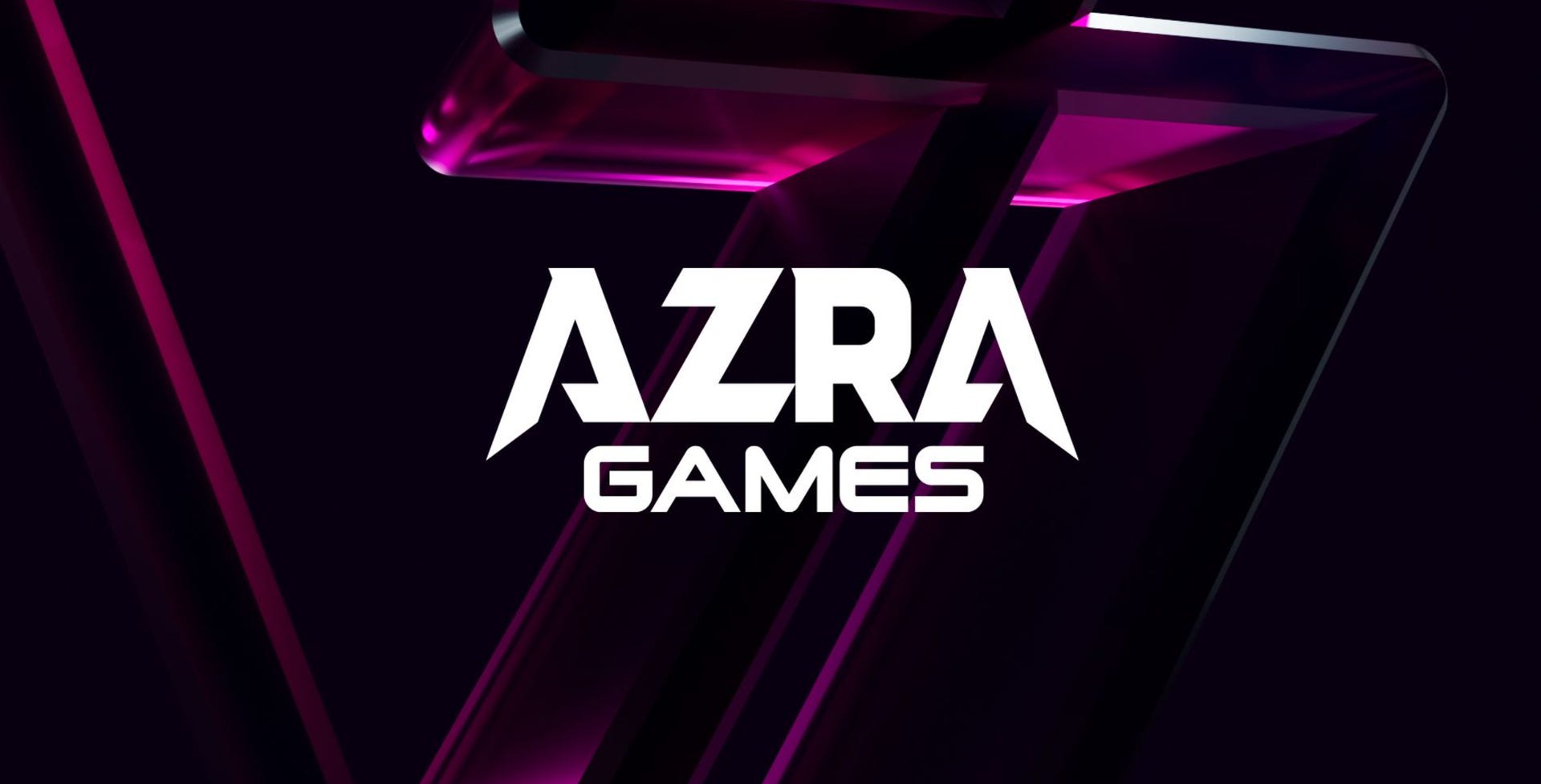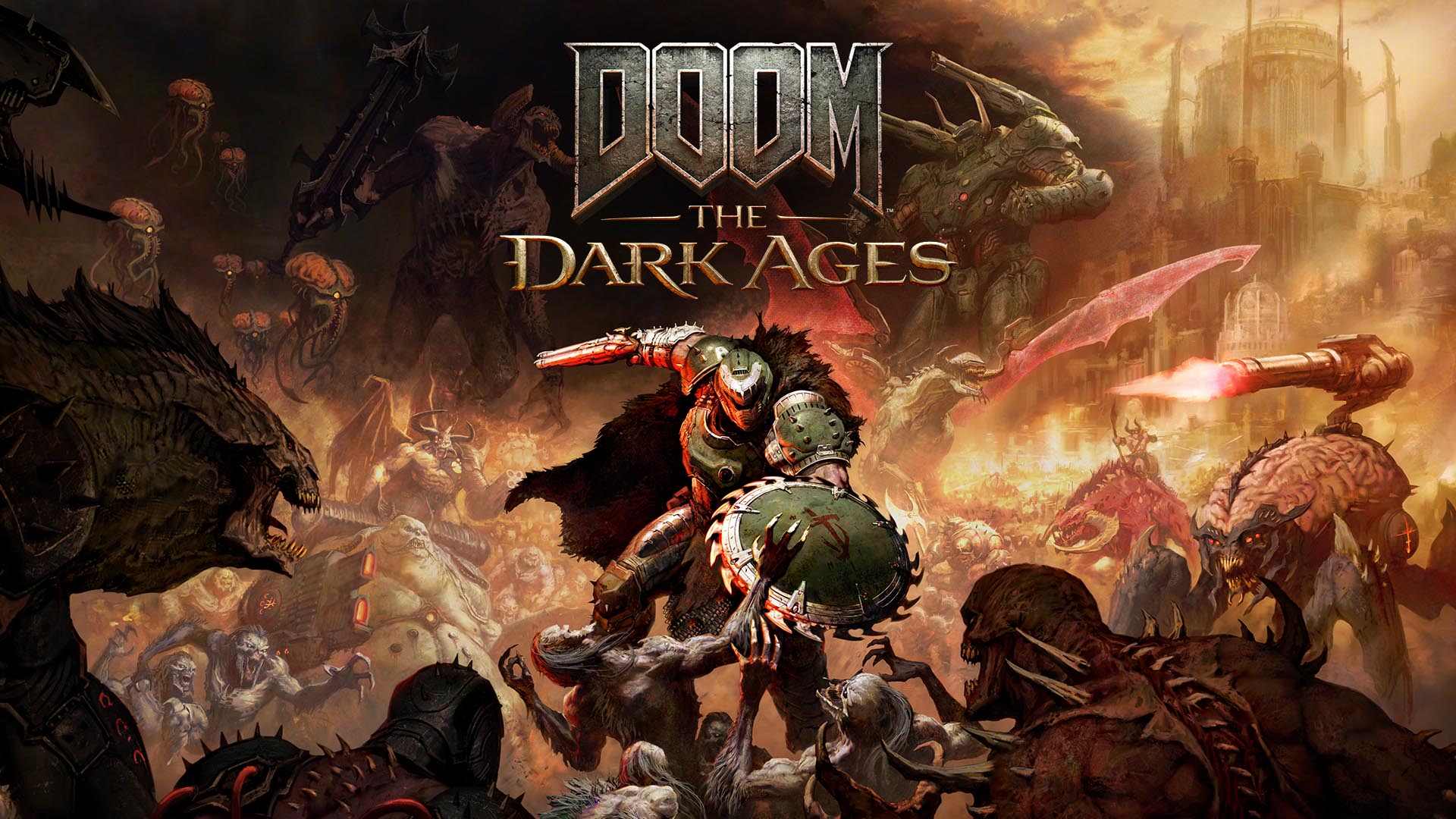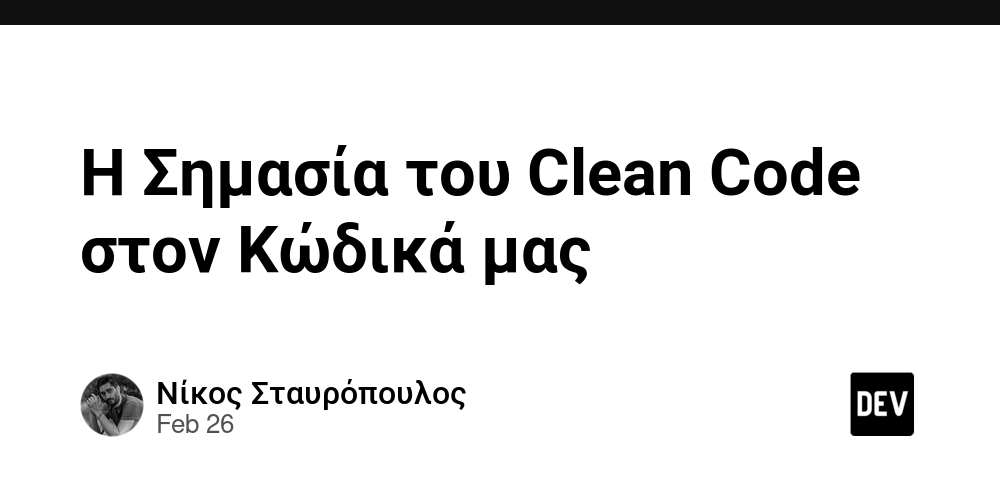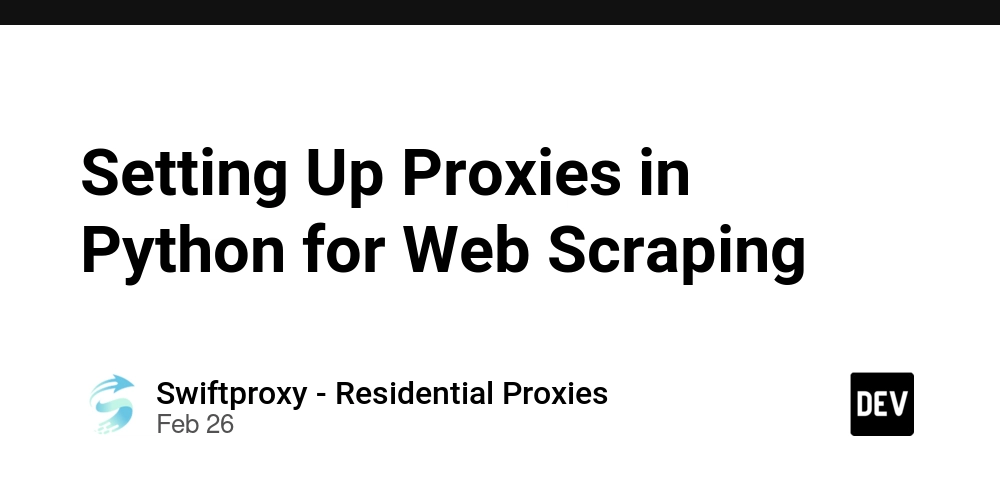Security Comparison Of Best Web3 Wallets To Develop On
When developing decentralized applications (dApps), choosing a secure Web3 wallet is crucial to protect users' assets and maintain trust. Below is a comparison of some leading Web3 wallets, focusing on their security features and considerations for developers: MetaMask Security Features: Intent Verification: Provides human-readable transaction summaries to minimize risks associated with blind signing and phishing attempts. dApp Permissions: Offers a clear permissions interface, giving users precise control over dApp interactions and preventing unauthorized actions. Password and Biometric Security: Supports password protection and biometric authentication for enhanced user security. Considerations: Password Strength: Encourages strong passwords but could place more emphasis on discouraging weak ones. Automatic Wallet Lock: Implementing an automatic lock feature by default would enhance security. 2FA Support: Currently lacks two-factor authentication (2FA), which could provide an additional security layer. Coinbase Wallet Security Features: dApp Connection Alerts: Notifies users when connecting to potentially malicious dApps, helping prevent phishing attacks. Hidden Malicious Airdrops: Automatically hides suspicious airdropped tokens from the user's asset list. Password and Biometric Security: Supports password protection and biometric authentication for secure access. Considerations: User Responsibility: As a self-custodial wallet, users are fully responsible for safeguarding their assets. CoinWire 2FA Support: Does not support two-factor authentication (2FA), which could enhance transaction security. Trust Wallet Security Features: Biometric and Passcode Protection: Offers biometric scans and passcodes to secure wallet access. dApp Connection Prompts: Provides prompts when connecting to new dApps, alerting users to potential risks. Security Scanner: Detects potential transaction risks and alerts users accordingly. Smart Contract Allowance Revocation: Allows users to revoke smart contract allowances, reducing exposure to exploits. Considerations: 2FA Support: Supports two-factor authentication (2FA) for transaction confirmations, enhancing security. Phantom Wallet Security Features: Password and Biometric Security: Enables password protection and biometric authentication for user access. Phishing Protection: Alerts users about potential risks when connecting to malicious applications, safeguarding against phishing exploits. Considerations: Blockchain Support: Primarily supports Solana and EVM-based blockchains; developers should ensure compatibility with their dApps. Binance Web3 Wallet Security Features: Multi-Party Computation (MPC) Technology: Utilizes MPC to generate three independently stored key shares, mitigating single points of failure. Considerations: Limited Blockchain Support: Supports only Ethereum and EVM tokens; does not support Bitcoin, Cosmos, Polkadot, Tron, or Algorand, limiting the number of available coins. Closed-Source: Unlike other popular wallets that are open-source, Binance Web3 Wallet is closed-source. Visit Third Web Developer
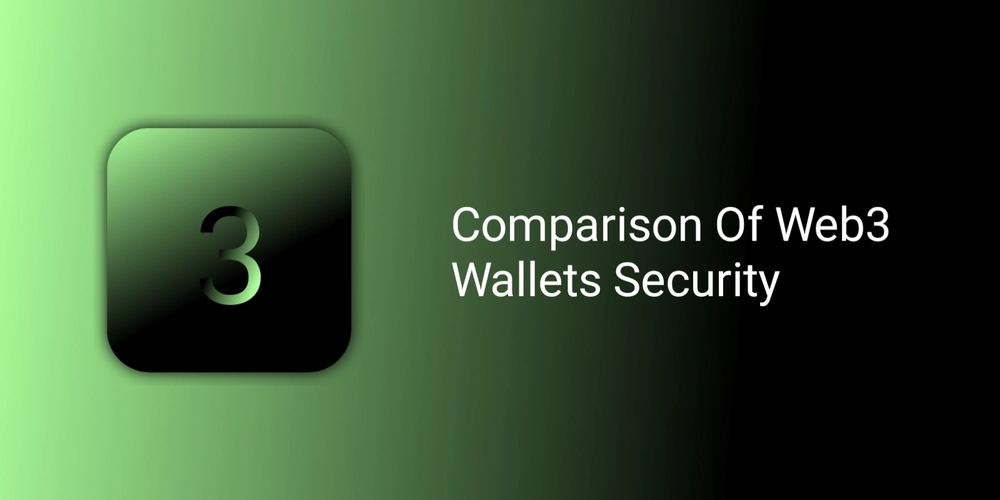
When developing decentralized applications (dApps), choosing a secure Web3 wallet is crucial to protect users' assets and maintain trust. Below is a comparison of some leading Web3 wallets, focusing on their security features and considerations for developers:
- MetaMask
Security Features:
Intent Verification: Provides human-readable transaction summaries to minimize risks associated with blind signing and phishing attempts.
dApp Permissions: Offers a clear permissions interface, giving users precise control over dApp interactions and preventing unauthorized actions.
Password and Biometric Security: Supports password protection and biometric authentication for enhanced user security.
Considerations:
Password Strength: Encourages strong passwords but could place more emphasis on discouraging weak ones.
Automatic Wallet Lock: Implementing an automatic lock feature by default would enhance security.
2FA Support: Currently lacks two-factor authentication (2FA), which could provide an additional security layer.
- Coinbase Wallet
Security Features:
dApp Connection Alerts: Notifies users when connecting to potentially malicious dApps, helping prevent phishing attacks.
Hidden Malicious Airdrops: Automatically hides suspicious airdropped tokens from the user's asset list.
Password and Biometric Security: Supports password protection and biometric authentication for secure access.
Considerations:
User Responsibility: As a self-custodial wallet, users are fully responsible for safeguarding their assets.
CoinWire
2FA Support: Does not support two-factor authentication (2FA), which could enhance transaction security.
- Trust Wallet
Security Features:
Biometric and Passcode Protection: Offers biometric scans and passcodes to secure wallet access.
dApp Connection Prompts: Provides prompts when connecting to new dApps, alerting users to potential risks.
Security Scanner: Detects potential transaction risks and alerts users accordingly.
Smart Contract Allowance Revocation: Allows users to revoke smart contract allowances, reducing exposure to exploits.
Considerations:
2FA Support: Supports two-factor authentication (2FA) for transaction confirmations, enhancing security.
- Phantom Wallet
Security Features:
Password and Biometric Security: Enables password protection and biometric authentication for user access.
Phishing Protection: Alerts users about potential risks when connecting to malicious applications, safeguarding against phishing exploits.
Considerations:
Blockchain Support: Primarily supports Solana and EVM-based blockchains; developers should ensure compatibility with their dApps.
- Binance Web3 Wallet
Security Features:
Multi-Party Computation (MPC) Technology: Utilizes MPC to generate three independently stored key shares, mitigating single points of failure.
Considerations:
Limited Blockchain Support: Supports only Ethereum and EVM tokens; does not support Bitcoin, Cosmos, Polkadot, Tron, or Algorand, limiting the number of available coins.
Closed-Source: Unlike other popular wallets that are open-source, Binance Web3 Wallet is closed-source.
Visit Third Web Developer




















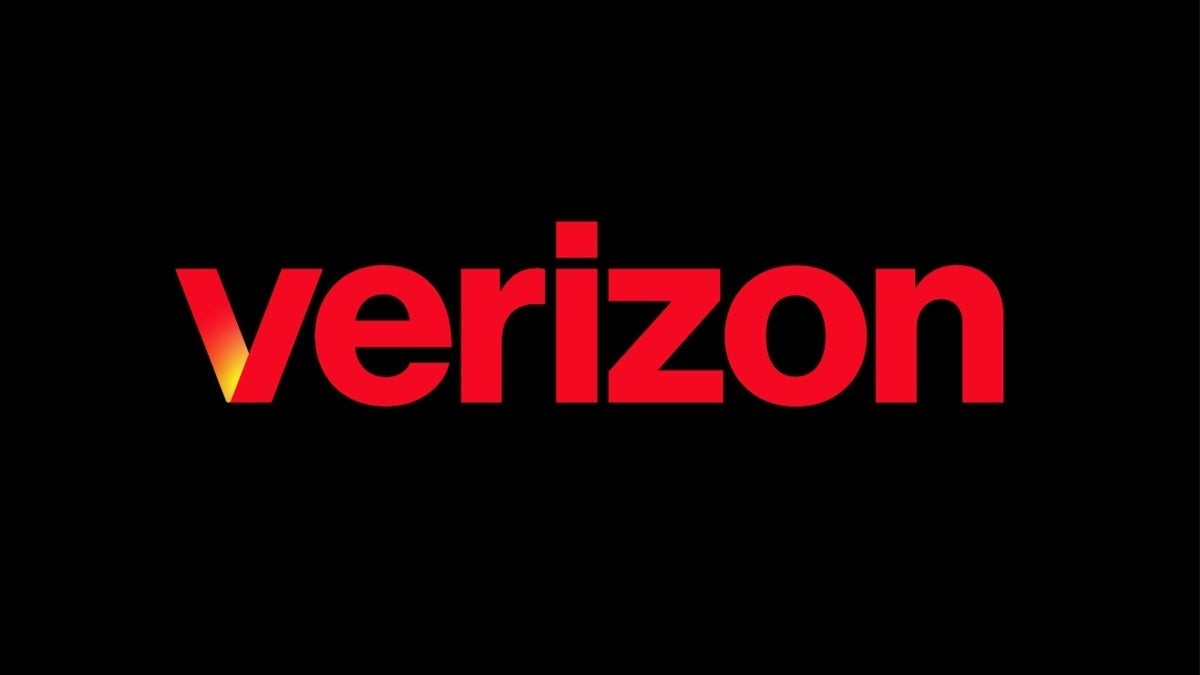
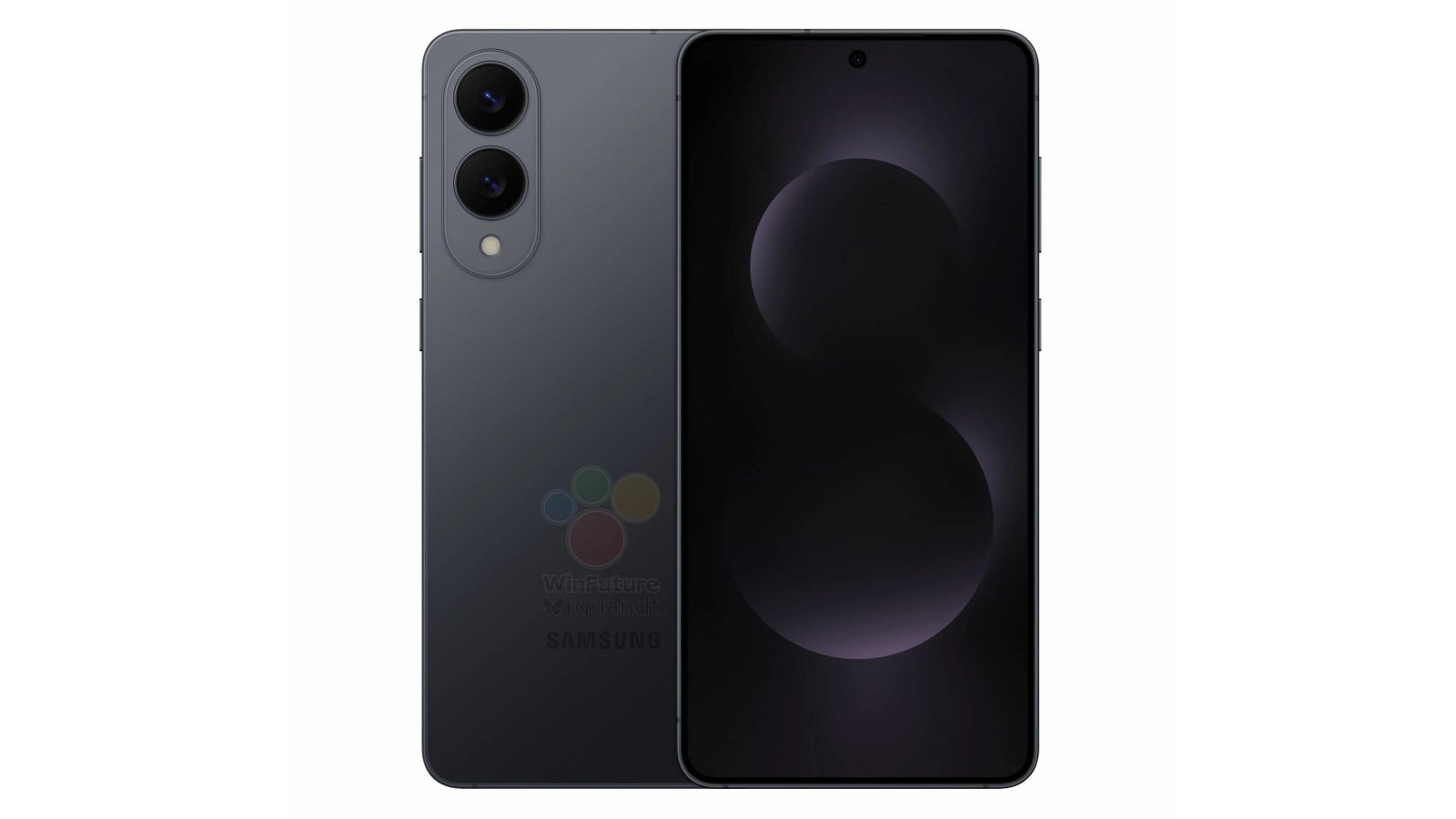
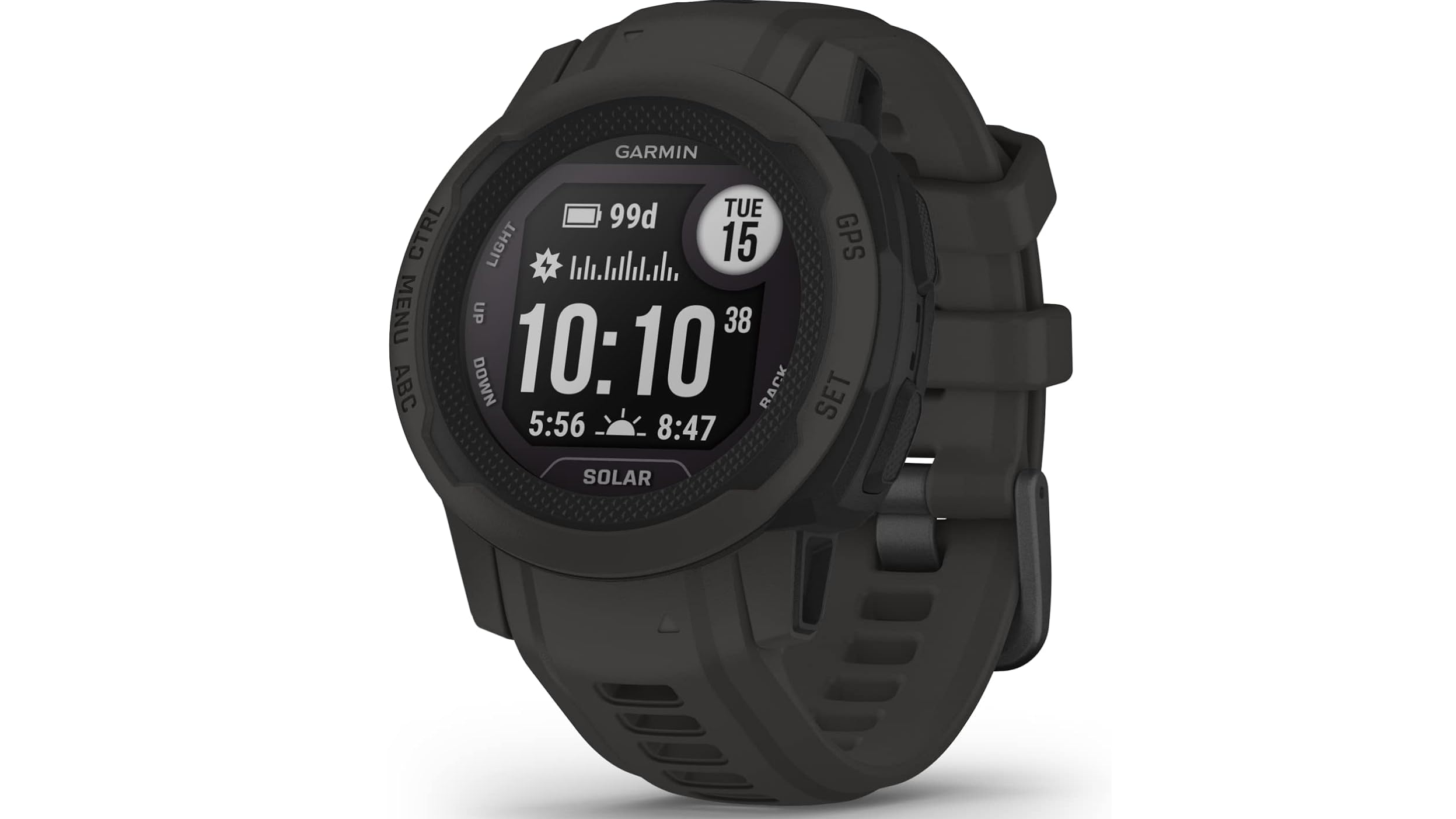




















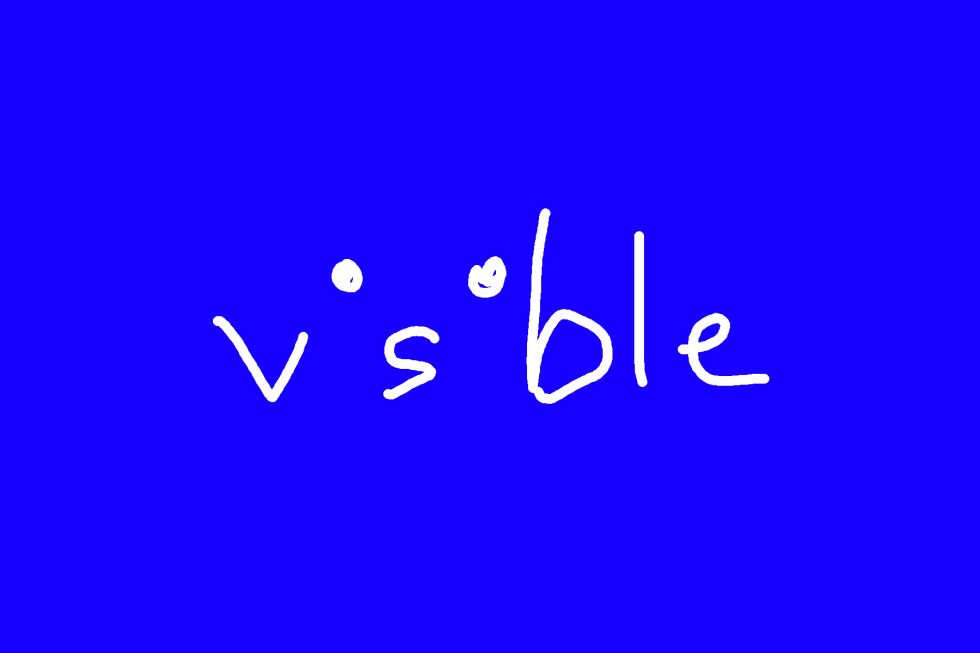
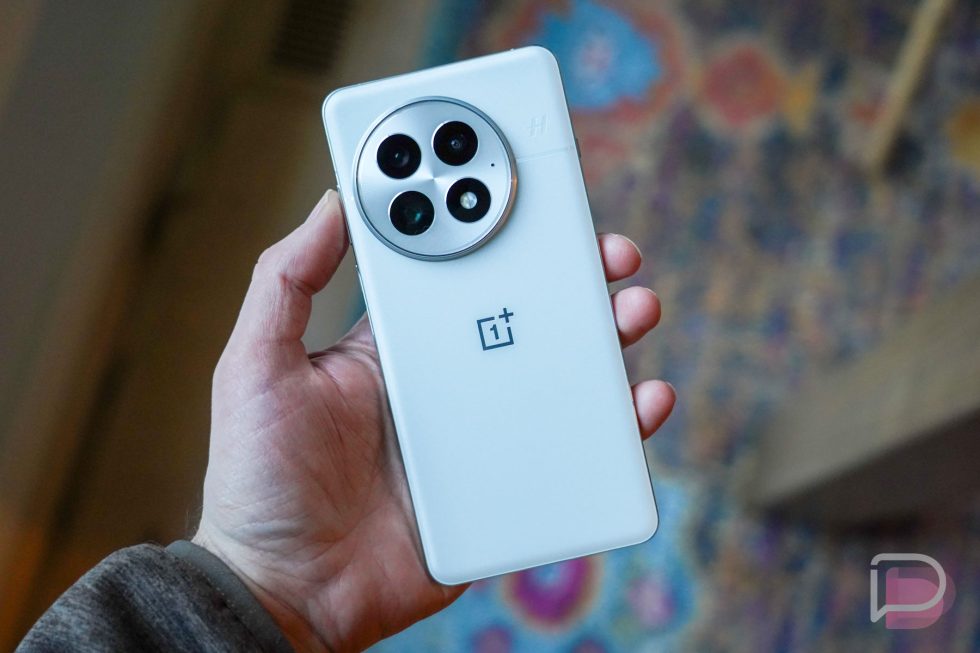



















![Nomad Goods Launches 15% Sitewide Sale for 48 Hours Only [Deal]](https://www.iclarified.com/images/news/96899/96899/96899-640.jpg)


![Apple Watch Series 10 Prototype with Mystery Sensor Surfaces [Images]](https://www.iclarified.com/images/news/96892/96892/96892-640.jpg)

















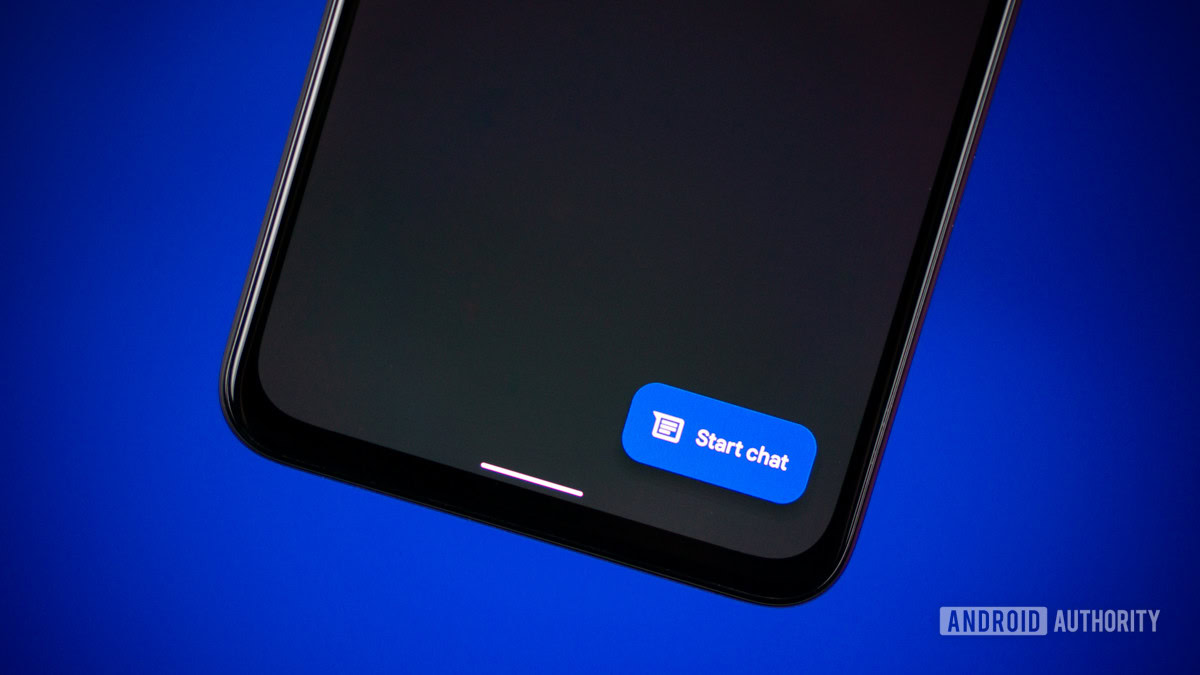





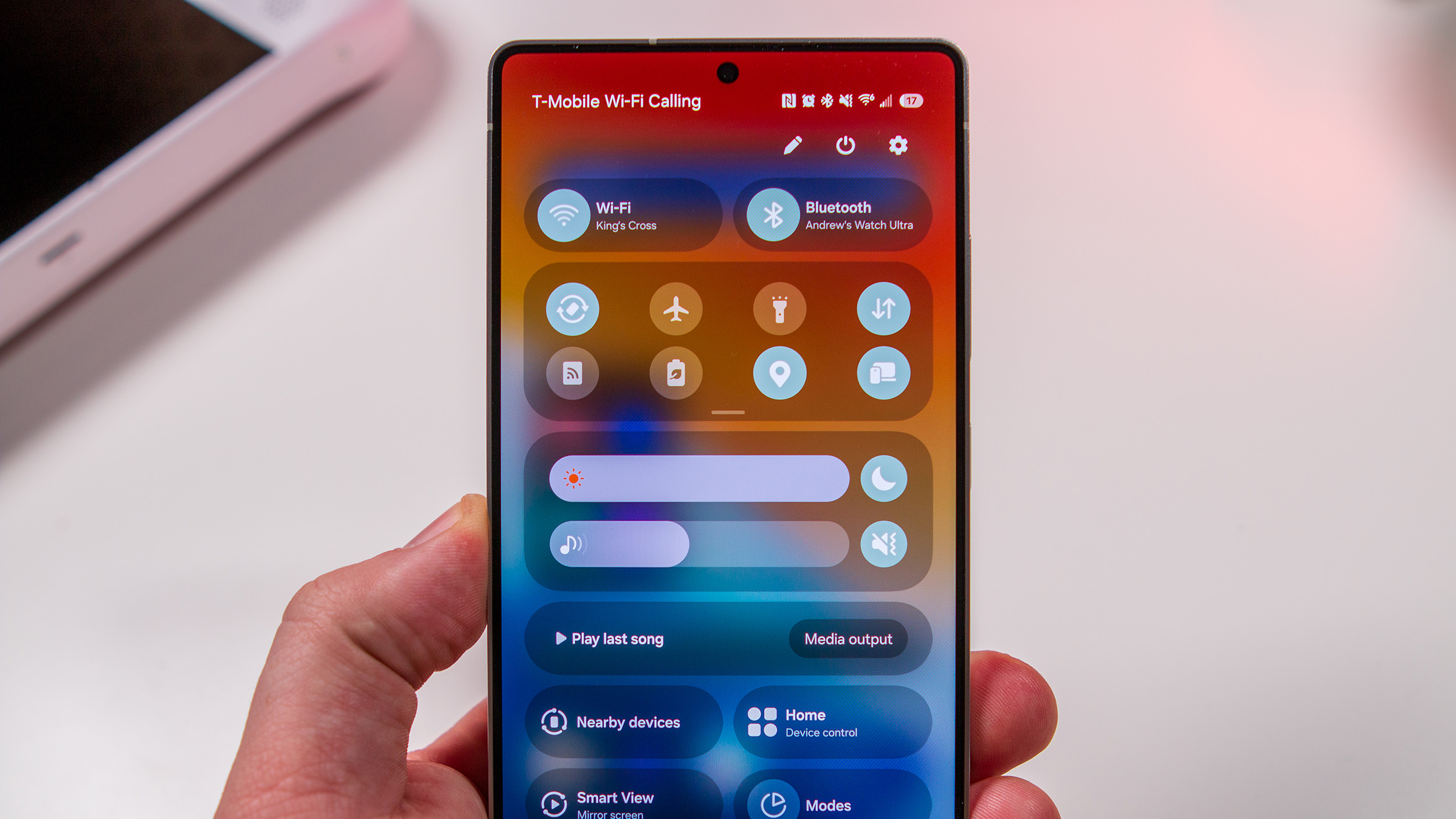

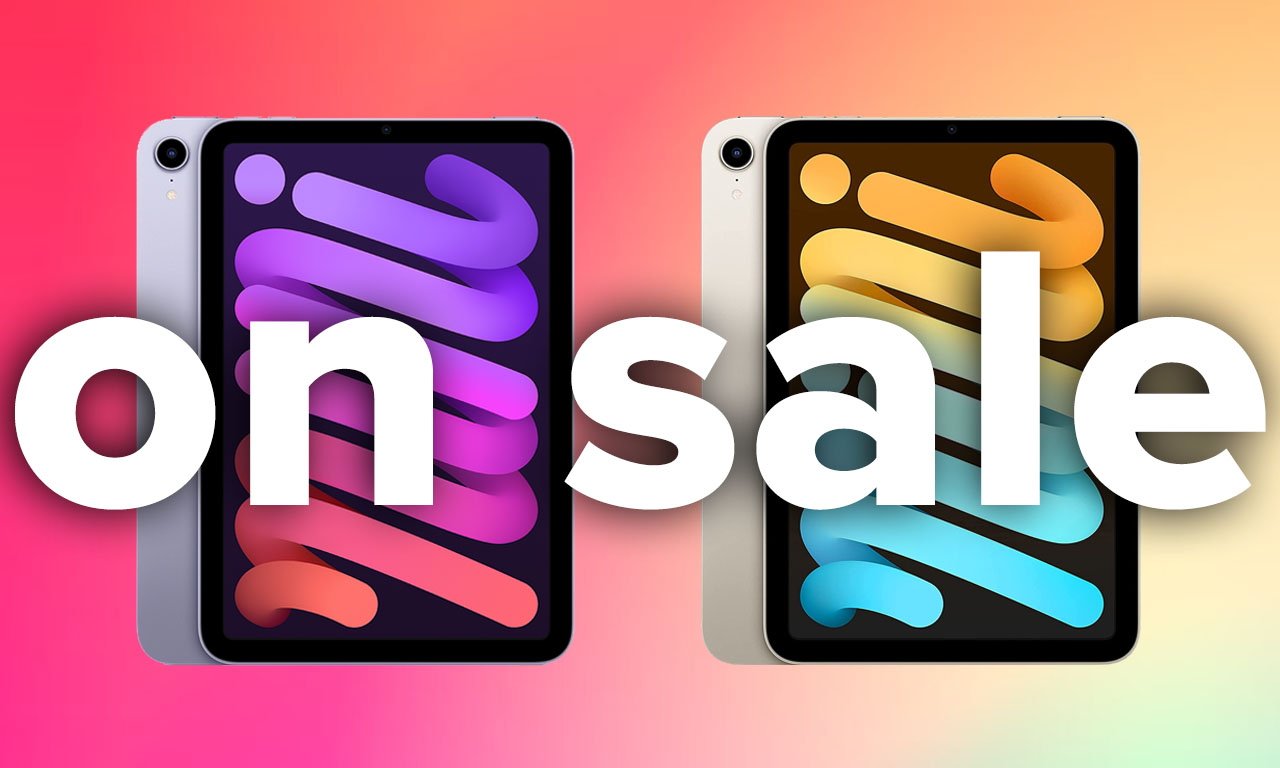



























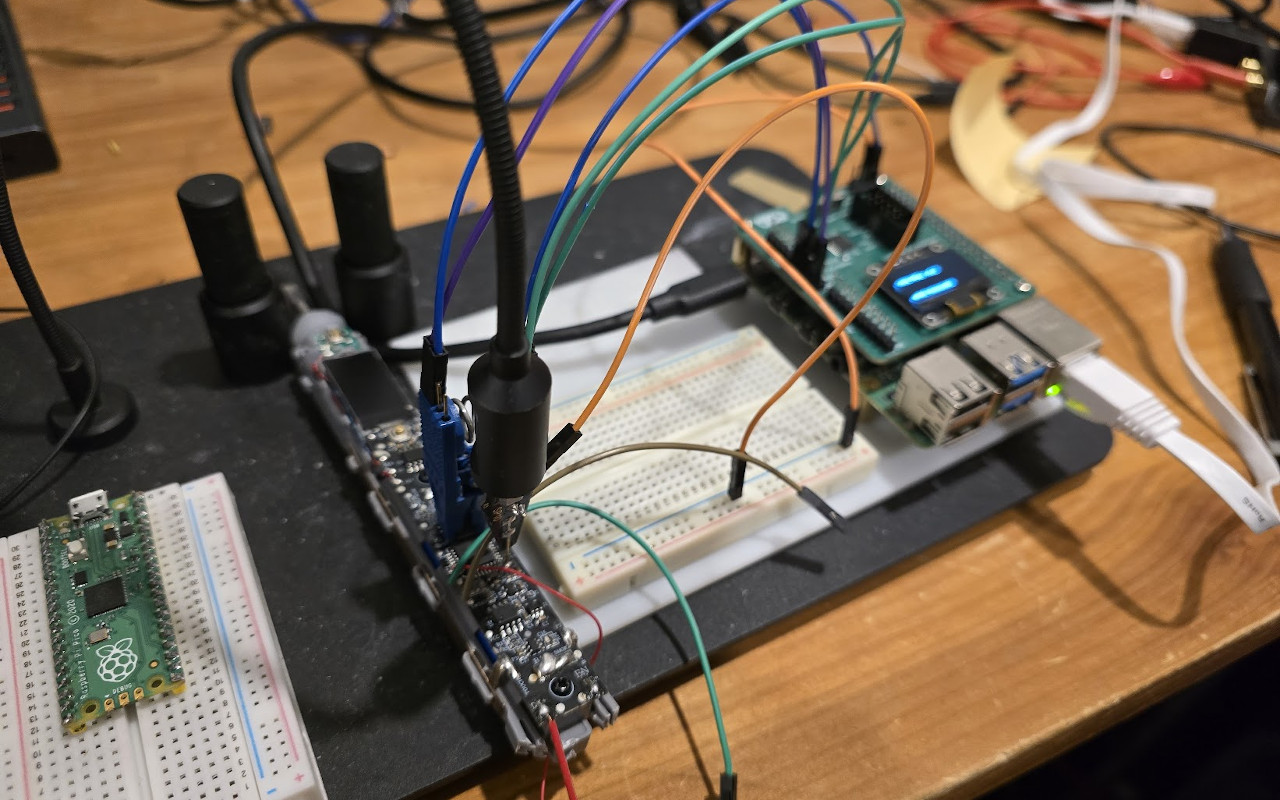
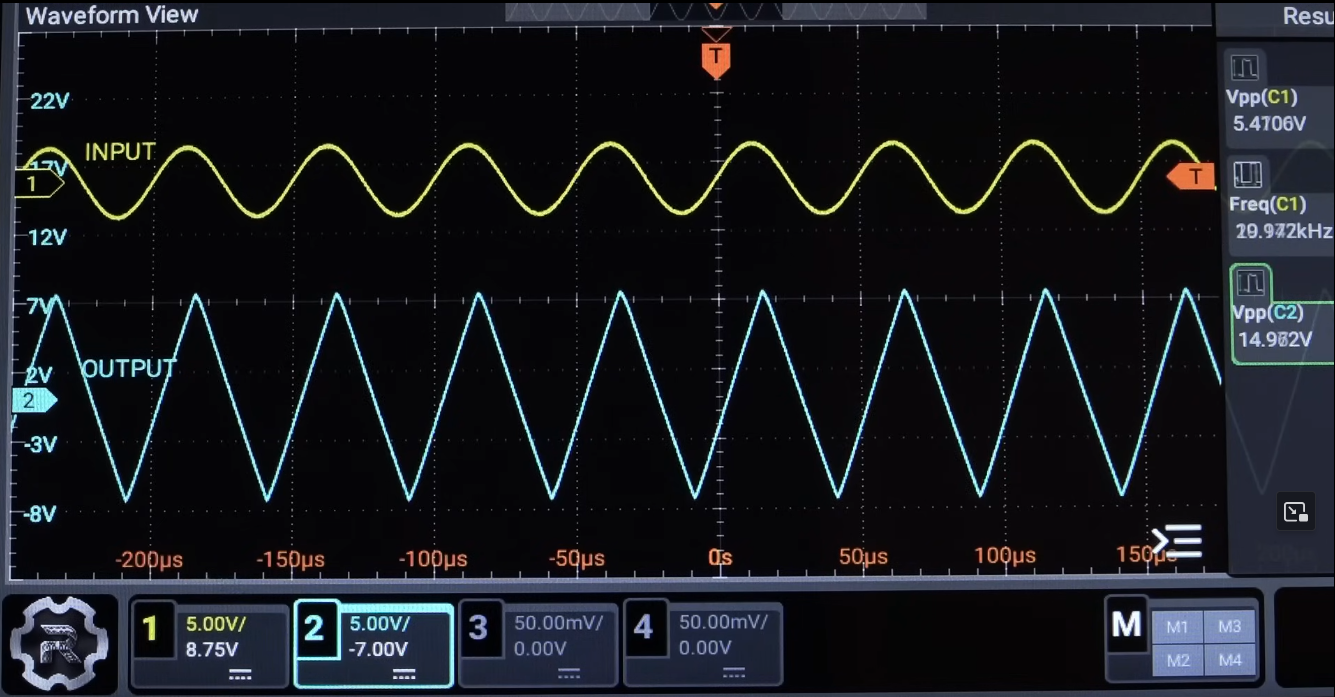




















































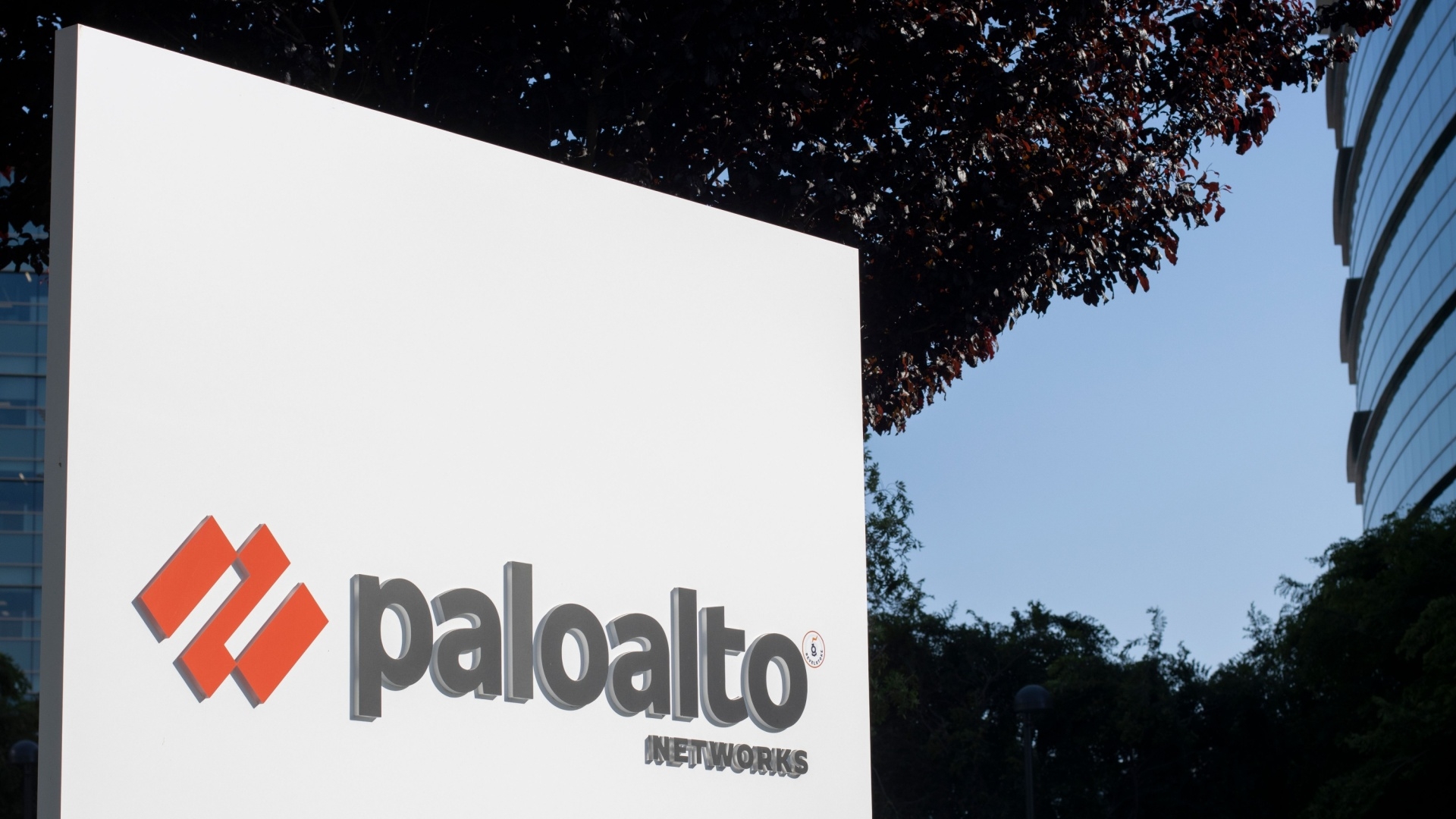









































































![[The AI Show Episode 142]: ChatGPT’s New Image Generator, Studio Ghibli Craze and Backlash, Gemini 2.5, OpenAI Academy, 4o Updates, Vibe Marketing & xAI Acquires X](https://www.marketingaiinstitute.com/hubfs/ep%20142%20cover.png)

























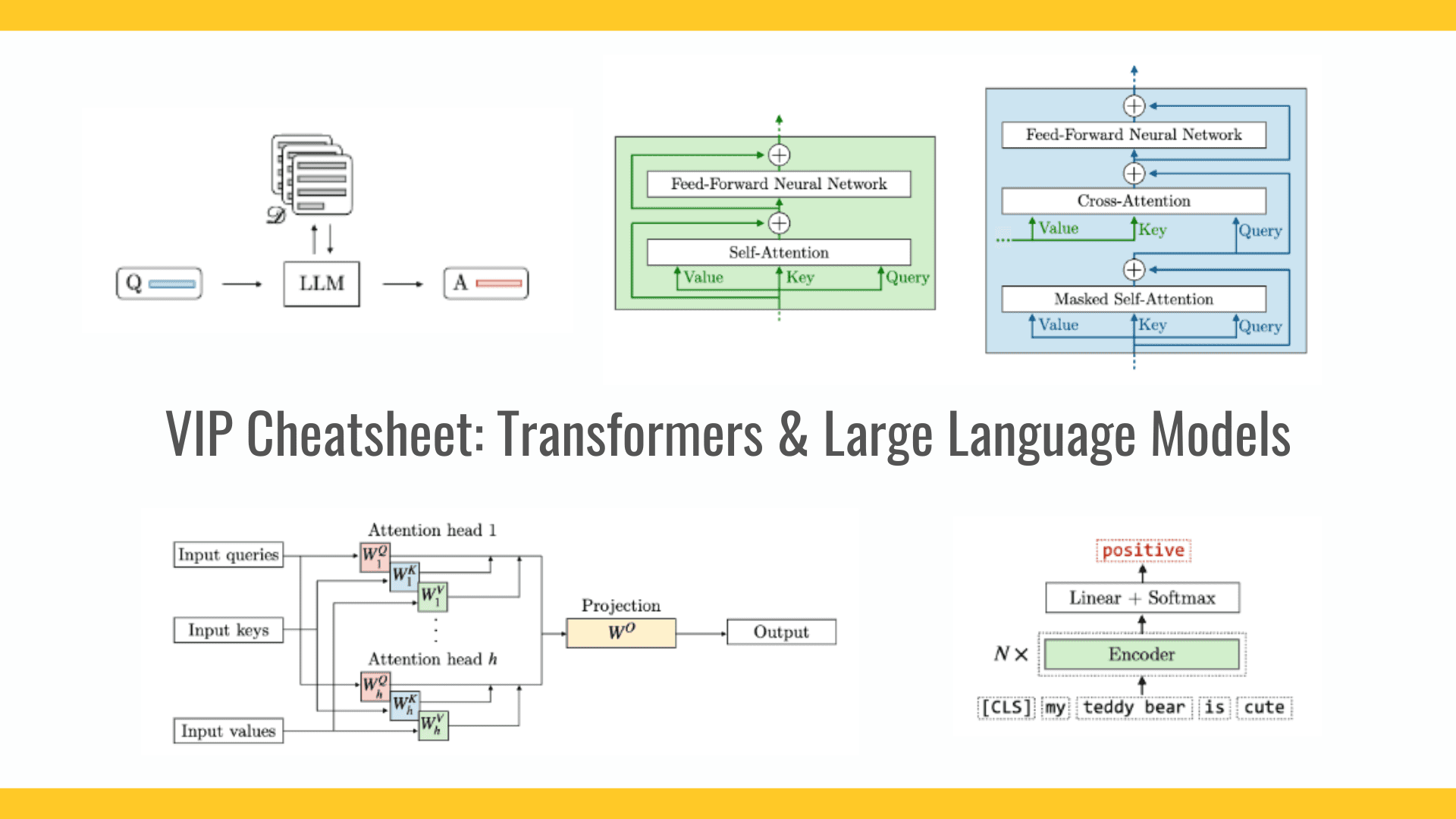




































































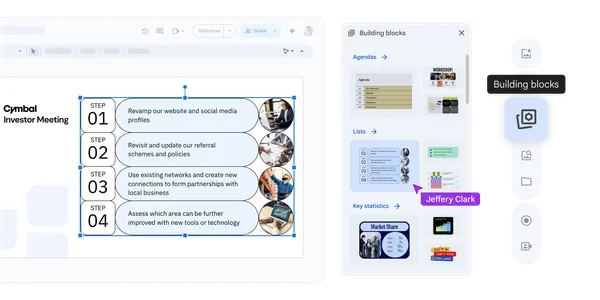
















![Is this a suitable approach to architect a flutter app? [closed]](https://i.sstatic.net/4hMHGb1L.png)


















![From broke musician to working dev. How college drop-out Ryan Furrer taught himself to code [Podcast #166]](https://cdn.hashnode.com/res/hashnode/image/upload/v1743189826063/2080cde4-6fc0-46fb-b98d-b3d59841e8c4.png?#)
































